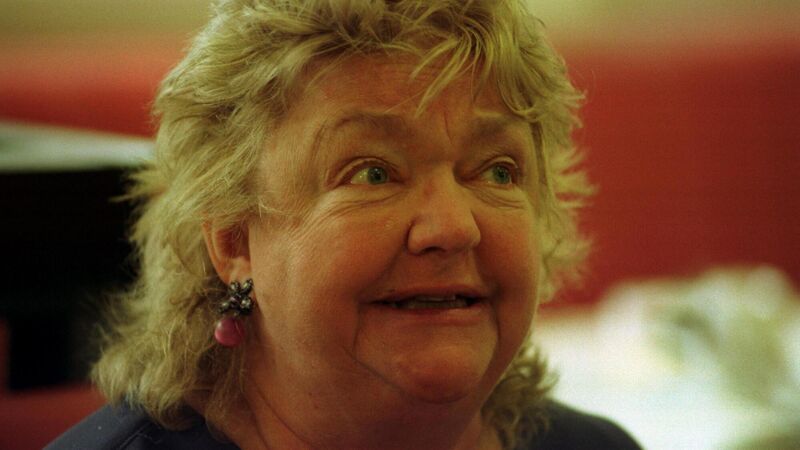TV review: Maeve Binchy documentary was an affectionate portrait of much-loved writer

The late Maeve Binchy in 2000. Picture: Eamonn Farrell
‘The wonderful thing about Maeve’s journalism was that it wasn’t shaped – it was peopled,’ says broadcaster Olivia O’Leary, shortly into this affectionate documentary about Maeve Binchy’s life and legacy. “The people would jump out at you.”
Before Binchy was a novelist, she was a journalist – and before that again, a teacher. Her ability to talk with and observe people is what gave her writing such richness and humanity.




